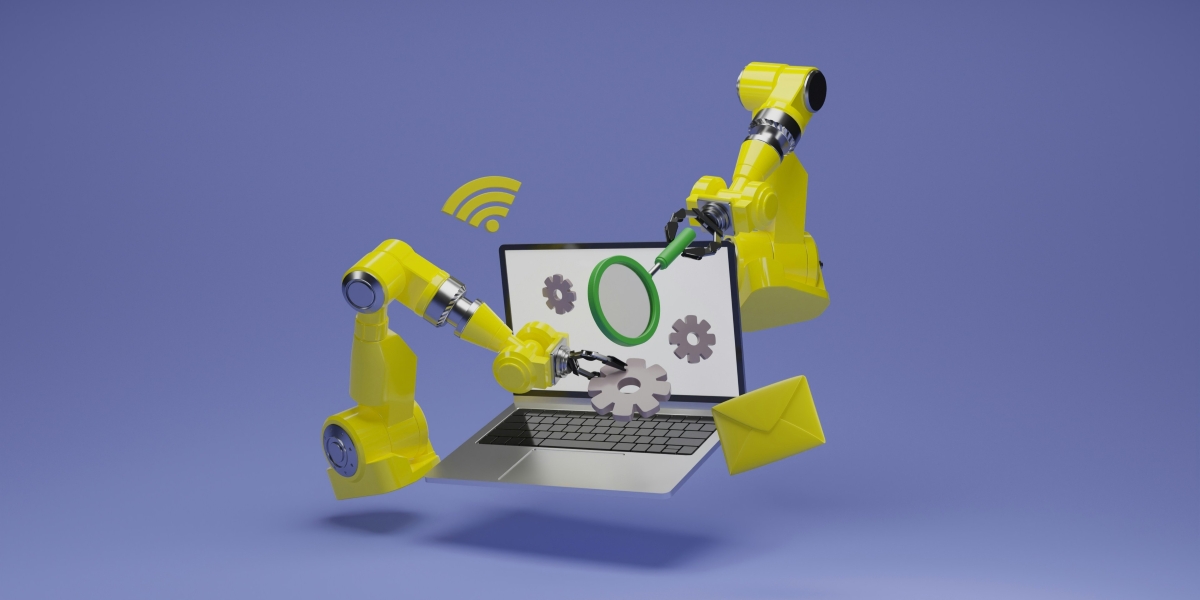Jeff Bezos, the founder of Amazon and a well-known figure in the global business landscape, is stepping back into the executive spotlight. In 2025, Bezos has returned to a CEO role, but this time, it’s with a new startup focused on artificial intelligence (AI). After stepping down from Amazon in 2021, Bezos dedicated his time to ventures like Blue Origin, his space exploration company, as well as various philanthropic initiatives. Now, with Project Prometheus, a new AI venture, Bezos is looking to harness the transformative potential of AI for industries beyond e-commerce.
The new company, Project Prometheus, has already drawn significant attention due to its ambitious goals and significant backing. According to reports, the startup has secured over $6 billion in funding, making it one of the most well-financed early-stage ventures in the tech space. This level of investment underscores the confidence in Bezos’s leadership, as well as the increasing demand for AI-driven solutions across a range of industries. The project marks a bold return for Bezos, positioning him as a leader in AI’s potential to reshape the way industries operate.
Bezos’s decision to return to the CEO role raises several key questions. What’s his vision for the future of AI, and how does it align with his legacy of disruption? Is Project Prometheus simply an extension of his past work, or does it represent a new frontier in the way technology can revolutionize industries? As Bezos re-enters the spotlight with this AI venture, the business world is closely watching his next moves.
The Vision Behind Project Prometheus
Project Prometheus is focused on applying artificial intelligence to industries like engineering, manufacturing, and infrastructure, sectors that have traditionally relied on human expertise and incremental innovation. Unlike other AI startups that focus primarily on software applications or consumer technology, Bezos’s new company seeks to transform physical industries like aerospace, automobiles, and computing by integrating AI into the design and production of products.
This shift from e-commerce to industrial applications of AI reflects Bezos’s long-standing interest in large-scale, infrastructure-focused innovation. As seen in his tenure at Amazon, Bezos has always looked at technology through the lens of how it can optimize and transform entire systems. Project Prometheus aims to bring that same approach to industries where AI is still in its nascent stages of adoption.
According to reports, Bezos will serve as co-CEO of the company alongside Vik Bajaj, a respected researcher and former executive at Google’s X lab and Verily. This leadership pairing combines Bezos’s expertise in building and scaling successful companies with Bajaj’s technical expertise in AI, positioning the company for success in tackling complex, industry-specific challenges.
The goal of Project Prometheus is to revolutionize industries by integrating AI at the core of manufacturing and production processes. By doing so, the company plans to accelerate innovation, reduce costs, and create smarter systems that will have broad-reaching implications for how industries operate in the future.
The Competitive Landscape
As Project Prometheus prepares to enter the AI-driven manufacturing space, it faces significant competition. Major players like Samsung and Ultrahuman are also exploring AI-driven wearables and technologies that target consumer health, while other tech companies are entering the industrial AI space, focused on optimizing supply chains and operational efficiency. However, Bezos’s focus on women’s wellness and physical industries offers Project Prometheus a unique competitive advantage.
Oura, a leader in the wellness tech space, has shown how wearable technology can be adapted for consumer use, and Project Prometheus could find similar opportunities by targeting industrial applications of AI. While many competitors focus on consumer applications of AI, Bezos is betting that the demand for AI solutions in heavy industries will grow significantly in the coming years.
Project Prometheus will also compete with traditional manufacturing companies, which have historically been slower to adopt cutting-edge technologies like AI. One of the challenges for the startup will be how quickly it can scale its solutions in an industry often known for its regulatory hurdles and slow adoption of new technologies. Despite these challenges, the potential for disruption is immense, especially as AI-powered systems become increasingly integrated into industries like automotive, aviation, and construction.
Challenges and Opportunities Ahead
Though the opportunities are vast, Project Prometheus also faces several hurdles as it looks to make an impact. Integrating AI into industries such as aerospace and automotive is no simple task, these sectors are highly regulated, and the integration of AI into their design and production processes will require careful navigation of compliance and safety standards.
Moreover, while AI has gained significant acceptance in industries like consumer technology and digital marketing, its application in physical industries is still in its infancy. A key question for Bezos and his team will be whether consumers will embrace AI-driven systems in critical infrastructure, such as cars, airplanes, or factories. Building consumer confidence in these systems will be essential for the success of Project Prometheus.
That said, the opportunities presented by AI are vast. AI-driven solutions have the potential to optimize supply chains, enhance production efficiency, and create smarter products. If Project Prometheus can meet its goals, it could accelerate innovation cycles across industries, leading to products that are safer, more efficient, and better suited to the needs of modern consumers. These advancements could drive long-term growth and change in industries that impact millions of lives worldwide.
Bezos’s Legacy in the AI Era
Bezos’s return to the CEO role with Project Prometheus invites a broader conversation about his legacy. At Amazon, Bezos demonstrated how technology could revolutionize retail and logistics, and with Blue Origin, he pursued ambitions in space exploration. Now, with Project Prometheus, Bezos is betting on artificial intelligence to become the next great frontier for human progress.
This shift toward AI in industries such as manufacturing, aerospace, and automotive represents not just a new business venture but a clear signal that Bezos believes AI-driven innovation will be at the heart of the next generation of technological disruption. In a rapidly changing landscape, Project Prometheus offers Bezos the opportunity to redefine his legacy and position himself at the forefront of a technological revolution that has the potential to reshape industries far beyond e-commerce.
For consumers and industry leaders, Bezos’s new venture represents both a bold experiment and a glimpse into the future of AI in industrial contexts. Whether Project Prometheus succeeds or not, it will influence how businesses and consumers perceive AI’s role in the world, and could potentially define a new era for AI-driven manufacturing.
As Project Prometheus develops and begins to roll out its solutions, the future of AI-driven industries will be shaped not only by Bezos’s leadership but by the broader market adoption of AI solutions that blend performance with practical application. If successful, Project Prometheus could be one of the defining stories of this decade’s AI revolution.










